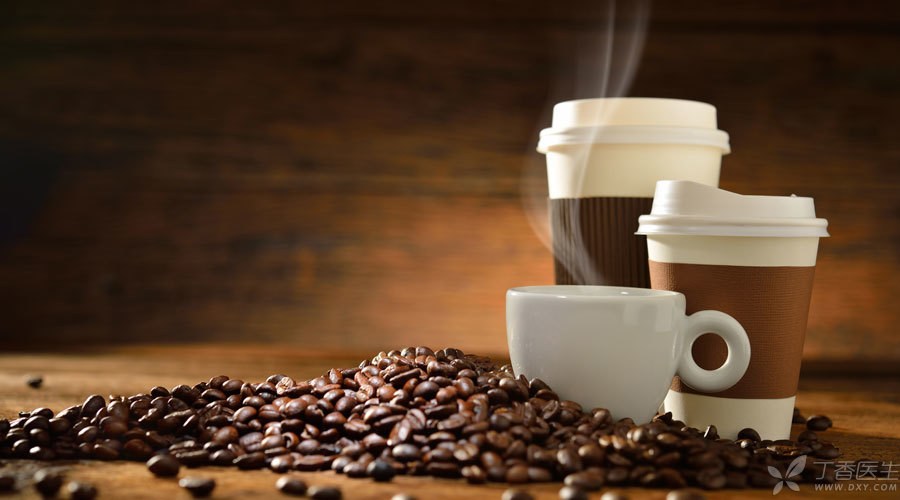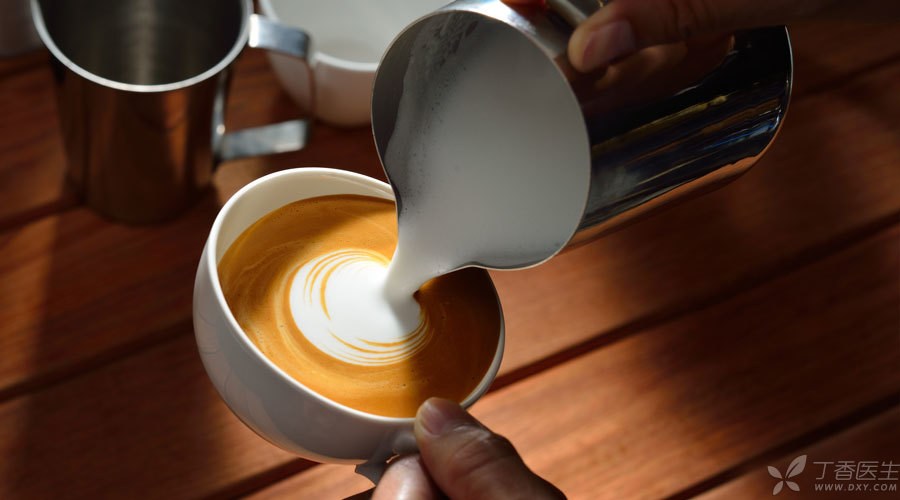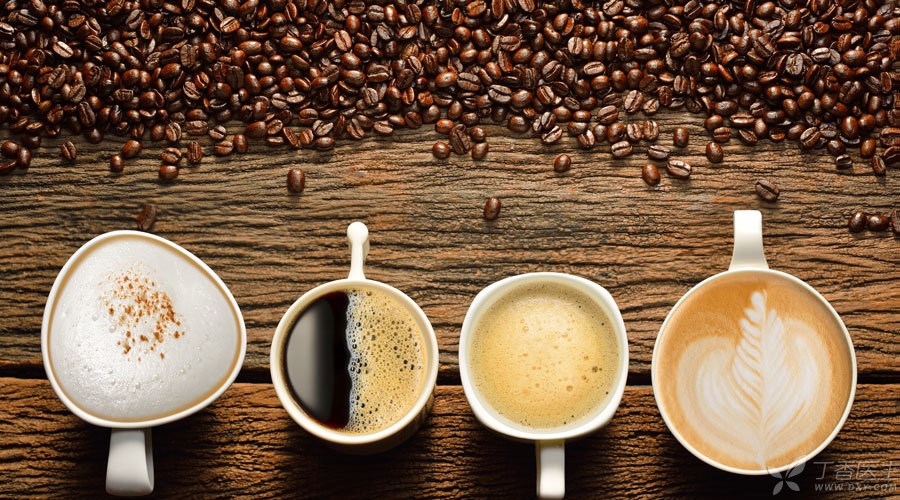
Coffee is one of the most popular drinks in the world. Its rich aroma and mellow taste make many people fondle admiringly for coffee. Apart from daily pastime, coffee is also a necessary drink for many people to refresh themselves. Whether it is a student party or an office worker, there are a large number of die-hard fans of coffee, watching plays, working… a cup of coffee is necessary at hand.
However, there have been many claims that coffee causes cancer and yellows teeth. This pot of coffee really does not memorize!
This is not true. For the sake of the doubts of the vast number of coffee parties, Dr. Clove has specially prepared a special series on the truth of coffee, hoping that you can have a correct understanding of coffee after understanding it.
Coffee can cause cancer?

False.
As early as 2008, Beijing Obstetrics and Gynecology Hospital of Capital Medical University did a study on eating habits and the incidence of breast cancer. The results showed that the incidence of breast cancer among people who drink coffee was no different from that of people who do not drink it, even slightly lower than that of people who do not drink it. This is completely contrary to many online theories of coffee carcinogenesis.
However, the latest research results released by the World Health Organization recently said that drinking very hot beverages is easy to cause esophageal cancer. It is especially emphasized that coffee, which has always been suspected to be carcinogenic, does not pose any related risk as long as it is drunk at [the normal temperature served].
The cause of cancer is not the drink itself, but the temperature. Therefore, when drinking tea and soup, one should be careful not to burn one’s mouth. For details, click: Can drinking too much coffee cause breast cancer?
Coffee will lead to an increase in calcium loss, what should I do?

Drinking coffee will lead to an increase in calcium loss, so what about people who like to drink coffee? In order to ensure the minimum loss of calcium, we suggest adding pure milk when drinking coffee.
There are three ingredients in coffee beans that are related to the loss or retention of calcium: potassium, oxalic acid and caffeine, while calcium in milk can make up for the loss of calcium caused by caffeine and oxalic acid. For details, click: Supplementing Calcium and Preventing Calcium Loss, Nutritionists Teach You to Eat This
Coffee is bad for the heart?

False.
After many people drink coffee, There will be short-term discomfort such as faster heartbeat and aggravation, and I will worry about whether coffee will aggravate heart disease. In fact, some alcohols contained in coffee, such as caffeine alcohol and coffee bean alcohol, will affect the metabolism of cholesterol. Therefore, there is no need to worry about cardiovascular diseases caused by hypercholesterolemia, and drinking coffee will reduce the risk instead.
According to the latest research report, coffee does not cause several truly dangerous arrhythmia, even for people who have suffered from myocardial infarction. For details, click: mellow as coffee, cup after cup
Drinking coffee will make teeth dyed, how to do?

Coffee, tea and red wine, which are famous colored drinks, all contain a substance called tannin, which is dark brown. If it acts on the teeth for a long time, it will penetrate into the inside of the teeth and cause the teeth to be colored.
In order to reduce dyeing, besides not drinking coffee, the best of both worlds is to add milk! Milk contains casein, which can be combined with tannic acid, weakening the infiltration of tannic acid into teeth, thus greatly weakening the dyeing effect of coffee on teeth. For details, click: How to reduce the dyeing effect of coffee on teeth?
How is it better to drink coffee?
1. Don’t drink too hot coffee;
2. Add two tablespoons of milk to each cup of coffee;
3. Drink no more than 5 cups per day, usually 1 ~ 2 cups is good;
4. Don’t drink when you suffer from insomnia or physical discomfort.
